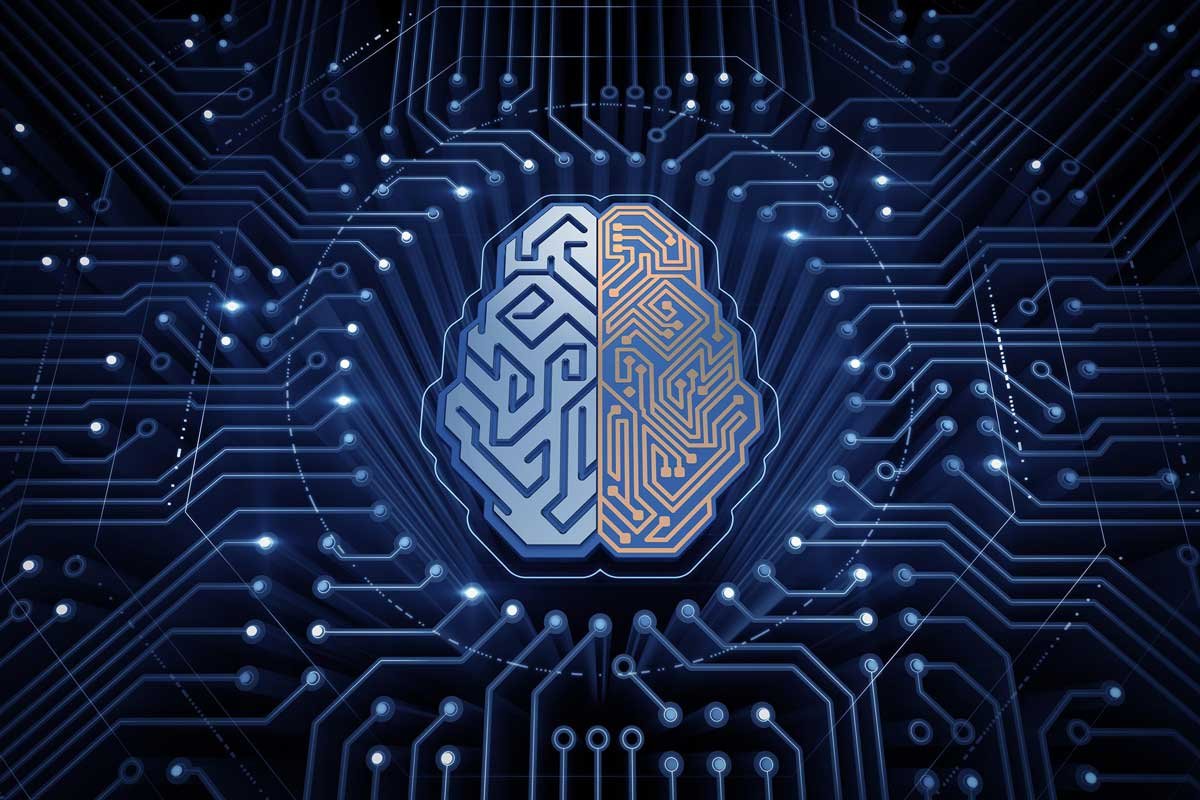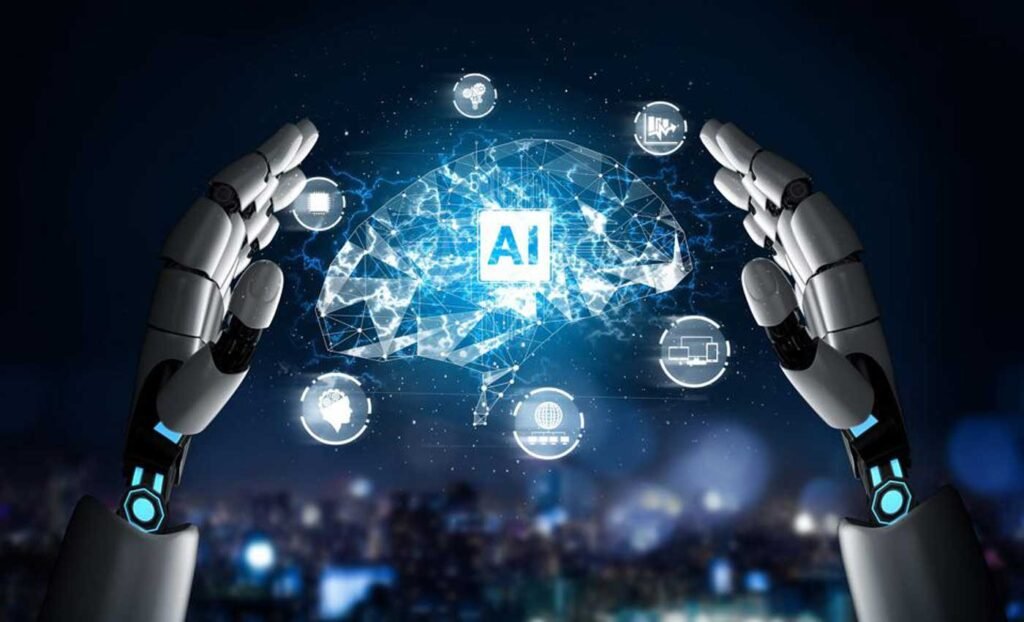Your first thought about AI might be that it’s a modern-day concept. Well, that is where you are wrong. Artificial intelligence or AI is an old concept, and we can find ancient myths and stories that hint towards it. Going back to Greek mythology, the history of AI is as interesting as AI itself.
You might think that it will be too complicated. It is quite the opposite. The history of AI is not only exciting but also very relevant for everyone. Today targeted social media ads can predict your behavior and show you relevant ads.
AI ads can tell what phone you are using, the super internet deals you are most likely to buy, your favorite pizza place, and just about anything else. If you want to know how AI became so advanced, you should know where it all started.
The Beginning of AI
The invention of the first programmable digital computer in the 1940s was the first big step towards AI. It brought old philosophies and myths about AI to reality and set a base for modern AI. The invention did wonders for the development of AI, and by the 1950s’ many scientists were pursuing the field.
One of those key scientists was Alan Turing, an English mathematician. He was the first person to work on the mathematical possibility of artificial intelligence. He designed what is now called the ‘Turin Test’ and became the founder of machine learning. In simple words, the ‘Turin Test’ could check a machine’s ability to think like a human being.

The First AI Program
Even though Turin couldn’t build an artificially intelligent machine, the 1950s was a great time for AI. In the later years, Alan Newell and Herbert A. Simon designed the first AI program in history and called it the “Logic Theorist”. The program was able to prove complex mathematical theorems in new ways. As working on AI and computers was pretty expensive in the 1950s, this was a big win.
Soon after, in 1956, it was presented at the famous Dartmouth Conference. The term “Artificial Intelligence” was also coined by John McCarthy in the same conference. There were many mathematicians and scientists in that meeting who later did wonders for modern AI. It acted as a catalyst for many funded research projects and the consequent boom in the AI field.
AI Boom and AI Winter
Scientists advanced in AI by leaps and bounds after the Dartmouth conference. Scientists created the first chatbot called ELIZA and the first humanoid robot in the 1960-1970 era. The faster computers with more memory than ever before helped in the progress. Better machines meant that there was nothing stopping scientists. The golden era of AI seemed to have well and truly begun.
With great progress came greater expectations. Governments were now more interested than ever in AI and made big funding claims. The fog lifted, though, and scientists could not fulfill their promises. As a result, the funding stopped, and the first “AI Winter” begun. There was little to no interest and funds at this time, so AI had to take the back seat.
Comeback with Expert Systems
The first AI Winter finally ended in the 1980s with the advent of expert systems. As the name suggests, subject matter experts helped systems learn their skills. The machines learned solutions based on every possible situation to “think” like expert human beings. The growth was slow and not cost-effective as there were still many hurdles. The second AI Winter hit the world from 1987-1993.
It was indeed the last time AI research came to a halt. As in 1997, the IBM Deep Blue supercomputer exceeded all expectations. It was the first computer ever to beat a human world champion in a game of chess.
The Current AI Programs
From the late 2000s till the present day, AI has only seen more progress. Advertising agencies, social media, and even political campaigns have benefited a great deal from AI programs. In 2011, IBM’s Watson won a complex game show and shocked the world. Later, a chatbot won the Turing test, and Google launched “Google Now”.
Recently, Google launched an AI-powered virtual assistant. The assistant successfully made a haircut appointment with a human on call. The demo proved to be the closest AI has ever come to acting “human”. The more we research AI, the closer we come to make a machine that surpasses human intelligence.

